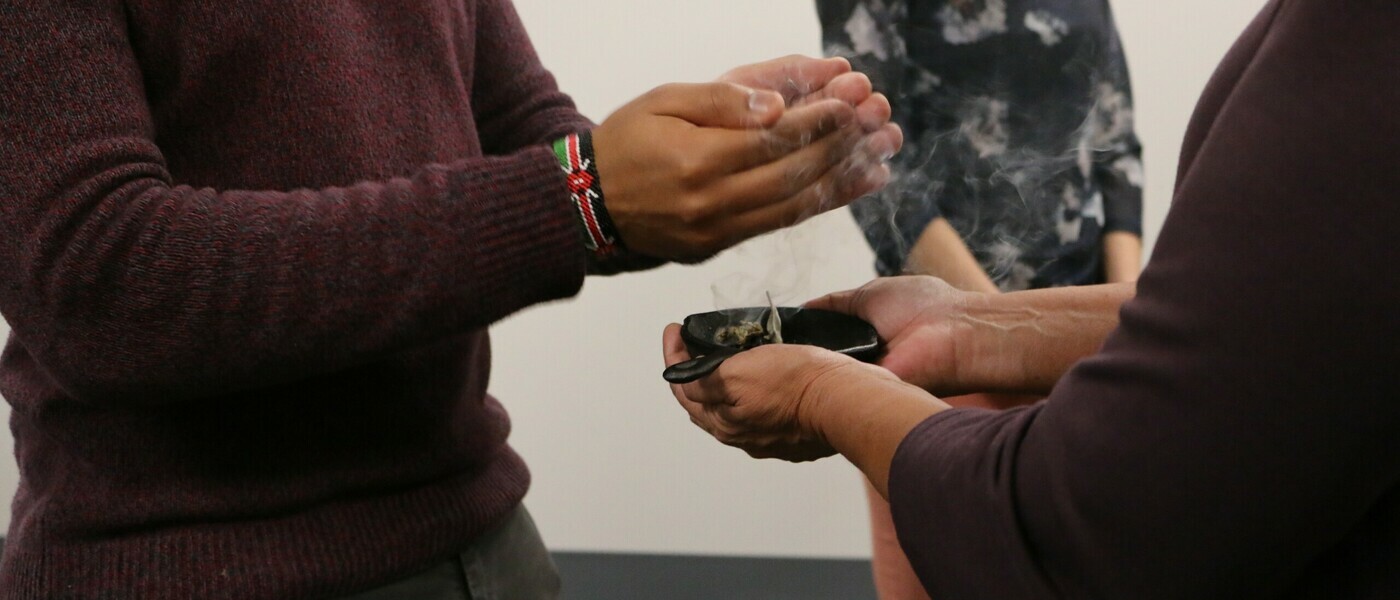We believe that any individual who has been given the gift of the smudging ceremony by an Elder or knowledge holder has the responsibility to practice that gift with the children, youth, and families they work with. Join our knowledge holder as they guide participants in receiving this gift, building confidence in the smudging teachings, and articulating the practice of smudging to others.
In this 1-hour workshop, participants will:
- Experience a smudge and understand how smudging places oneself in a sacred space, readying the participants to enter into a healing relationship
- Receive smudging teachings and understand how to respectfully enter into ceremony
- Gain the confidence to lead a smudge with groups of people
Participants who attend will be able to better support and engage Indigenous children, youth, and families through ceremony.

